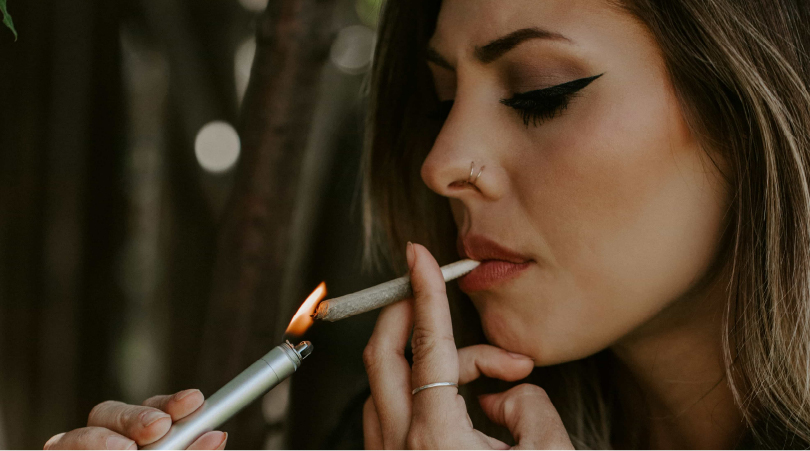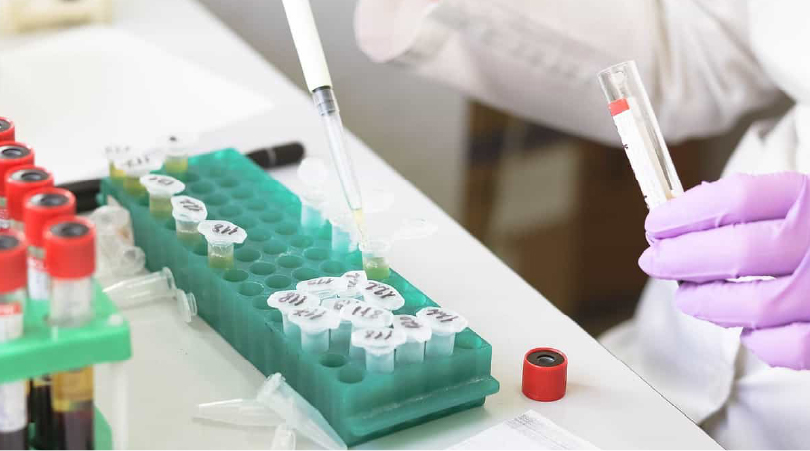Understanding the difference between THCa and THC is key. THCa is a natural cannabinoid found in raw cannabis. When heated—through smoking, vaping, or cooking—it converts to THC, the compound responsible for the psychoactive effects. But does that mean raw THCa won’t trigger a drug test? It’s more complex than that.
What Do THC Drug Tests Actually Detect?
Drug tests primarily look for THC and its metabolites, but other cannabinoids can also be detected:
- CBD: Possibly. Full-spectrum CBD products may contain trace amounts of THC.
- CBN: Potentially. This cannabinoid forms as THC breaks down and can be chemically similar.
- CBG: Unlikely to be detected.
- Synthetic cannabinoids: Often not detected by standard drug tests.
What about THCa? It’s not directly targeted, but once it’s heated and converted to THC, it will show up as it is already THC.

How Long Does THC Stay in Your System?
Instead of asking “How long does THC stay in your body?”, a better question might be: How long is THC detectable through different types of tests? Based on the research “Objective Testing: Urine and Other Drug Tests”, here’s a breakdown.
- Urine tests: THC can be detected from 1 to 30 days after use.
- Saliva tests: Usually up to 24 hours, but possibly up to 30 hours.
- Hair tests: Up to 90 days, though these may pick up trace oils, leading to false positives.
- Sweat tests: Detection possible for 7 to 14 days.
- Blood tests: Typically detect THC for 2 to 12 hours after use.
Ultimately, detection time depends on a range of personal and usage-related factors.
What Affects THC Detection?
Individual factors:
- Age: Younger people often have faster metabolisms.
- Health: Illness can slow metabolic processes.
- Genetics: Everyone processes cannabinoids differently.
- Body fat: THC is stored in fat cells, making it linger longer for those with higher body fat.
- Metabolism: A faster metabolism clears THC more quickly.
- Hydration: Dehydration can concentrate THC levels.
- Exercise: It may temporarily increase plasma THC concentrations in regular cannabis users.
Consumption factors:
- Sensitivity of the test: Some are more advanced than others.
- Dose and frequency: Higher and more frequent use leads to longer detection.
- Potency: Stronger products = more THC.
- Method of use: Smoking, vaping, or eating affects how THC is absorbed.
Together, these factors explain why one person might test clean while the other doesn’t.

Common Myths About Drug Testing
- “All drug tests are the same.” False. Detection windows and sensitivity vary.
- “You can cheat a drug test.” Risky. Modern tests often catch tampering.
- “Second-hand smoke causes positives.” Highly unlikely under normal conditions.
- “Medications don’t interfere.” False. Some, like ibuprofen, may cause false positives.
- “Vinegar or cranberry juice helps to beat a drug test.” Myth. They don’t help metabolize THC faster.
FAQs
What types of drug tests exist?
Besides urine tests, there are saliva, hair, sweat, and blood tests.
What shows up on THC tests?
Mostly THC, but its breakdown products—including some derived from THCa—can show up too.
How long can you test positive?
Up to 90 days in some cases, depending on the test.
Can you fail a THC test from CBD?
Yes, if the CBD contains even small amounts of THC.
Can smoking THCa make you fail a test?
Yes. Heating THCa converts it to THC, which is what’s detected.
Final Thoughts
Now that you’re more informed about how drug tests detect THC, you can better plan when and how to enjoy your favorite products. At Certified Headies, we offer high-quality THCa flowers, pre-rolls, and vapes that are lab-tested and compliant.
References
Hadland SE, Levy S. Objective Testing: Urine and Other Drug Tests. Child Adolesc Psychiatr Clin N Am. 2016 Jul;25(3):549-65. doi: 10.1016/j.chc.2016.02.005. Epub 2016 Mar 30. PMID: 27338974; PMCID: PMC4920965.
Sharma P, Murthy P, Bharath MM. Chemistry, metabolism, and toxicology of cannabis: clinical implications. Iran J Psychiatry. 2012 Fall;7(4):149-56. PMID: 23408483; PMCID: PMC3570572.
Wong A, Montebello ME, Norberg MM, Rooney K, Lintzeris N, Bruno R, Booth J, Arnold JC, McGregor IS. Exercise increases plasma THC concentrations in regular cannabis users. Drug Alcohol Depend. 2013 Dec 1;133(2):763-7. doi: 10.1016/j.drugalcdep.2013.07.031. Epub 2013 Aug 11. PMID: 24018317.
